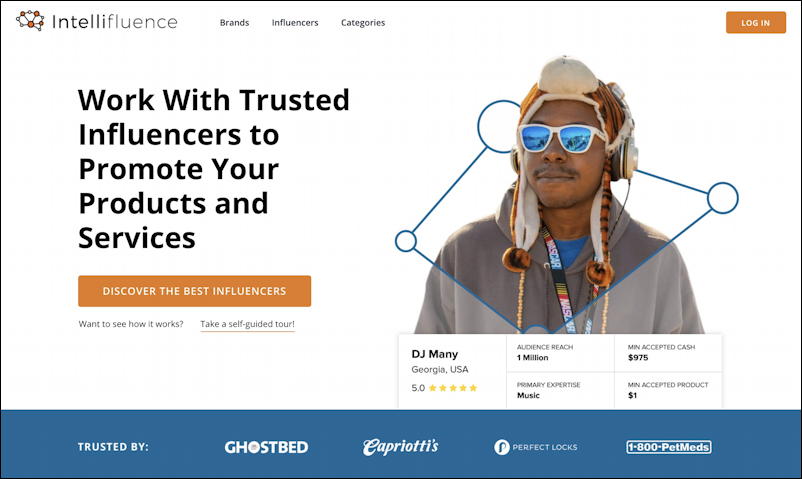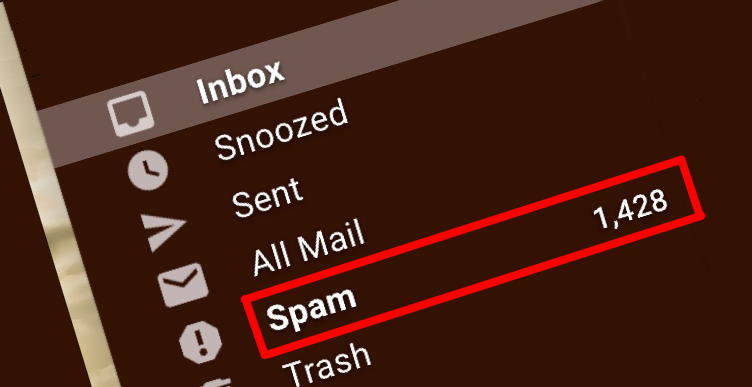I have a new electronic gadget that I’m preparing for market and really want to get some influencers to try it and share it on their channels. I’m afraid of them being really critical or not getting my vision, however, so I want to know what are the best practices for working with top influencers and how I can minimize negative publicity if there are any issues?
First off, I will tell you that if you reach out to an influencer and tell them that you only want to work with them if they’ll say good things about your product, a few might agree, but most will decline to participate or just ignore your email. Having a good pitch is important, no question. But the bigger challenge is identifying the right influencers for your market segment, the ones that have credibility, approach the marketing task with professionalism and actually follow through and deliver after you’ve agreed to send a product and even pay them.
Fortunately, there are a number of really good influencer networks available that can make that process considerably easier. Let’s have a look at one that I’m involved with: Intellifluence.com.

According to the company, they currently have over 15,000 brands and are working with just shy of 100,000 influencers across thousands of current campaigns. The company’s also been around for over five years, so they’ve had a chance to figure out the glitches and challenges to ensure a smooth experience.
From my perspective, one thing I like about Intellifluence as an influencer in their database is that I not only am automatically notified via email of matching campaigns, but I can then chat with the brand teams to ensure it’s a good fit, I understand their requirements and that I can deliver great content in a timely fashion. A win:win.
Compare that to sending email to dozens of influencers yourself, hoping they won’t end up in the spam folder and keeping your fingers crossed that your pitch is sufficiently interesting that they’ll respond, and then having to potentially negotiate terms with each and then manage every single campaign.
Either way, of course, that initial campaign pitch still has to be engaging and enticing to get the attention of the influencer. My recommendation, don’t start by telling them what you want from them, but rather focus on what you’re offering and why your product is so darn interesting.

From my own experience, any vendor who says “if you don’t like it, please don’t publish a review” or even more crassly “please publish a positive review only” goes straight to the digital trash: Any influencer worth the effort should be insisting on autonomy and independence. If they parrot a brand’s marketing message without any critical commentary, then they’re a “shill” and their credibility is lacking. That’s a disservice to your community and, ultimately, your customers, because you don’t really want to them to buy your product with false expectations, just be disappointed, do you?
The best influencer networks sidestep that issue by helping brands craft their pitch and helping ensure that the influencers in their networks are focused on honesty and trust, that they have integrity and credibility with their followers and community. And suffice to say, a few strong endorsements from highly trustworthy influencers is going to be worth a lot more in terms of growing your brand and sales than dozens of sketch, untrustworthy shills!
That’s why brands like Lula, ConnectYourHome, TenErgy and Brondel picked Intellifluence. My suggestion: Either put aside a few dozen hours to identify and communicate with key influencers directly, or reach out and find how it all works with Intellifluence and let them do the work for you. Who knows, perhaps I’ll end up checking out your device on my YouTube reviews channel down the road…
Disclosure: As it happens, this is a sponsored article about Intellifluence, who paid a modest fee for me to share my own experiences with the platform on my site. Worked out rather neatly, I’d say.
